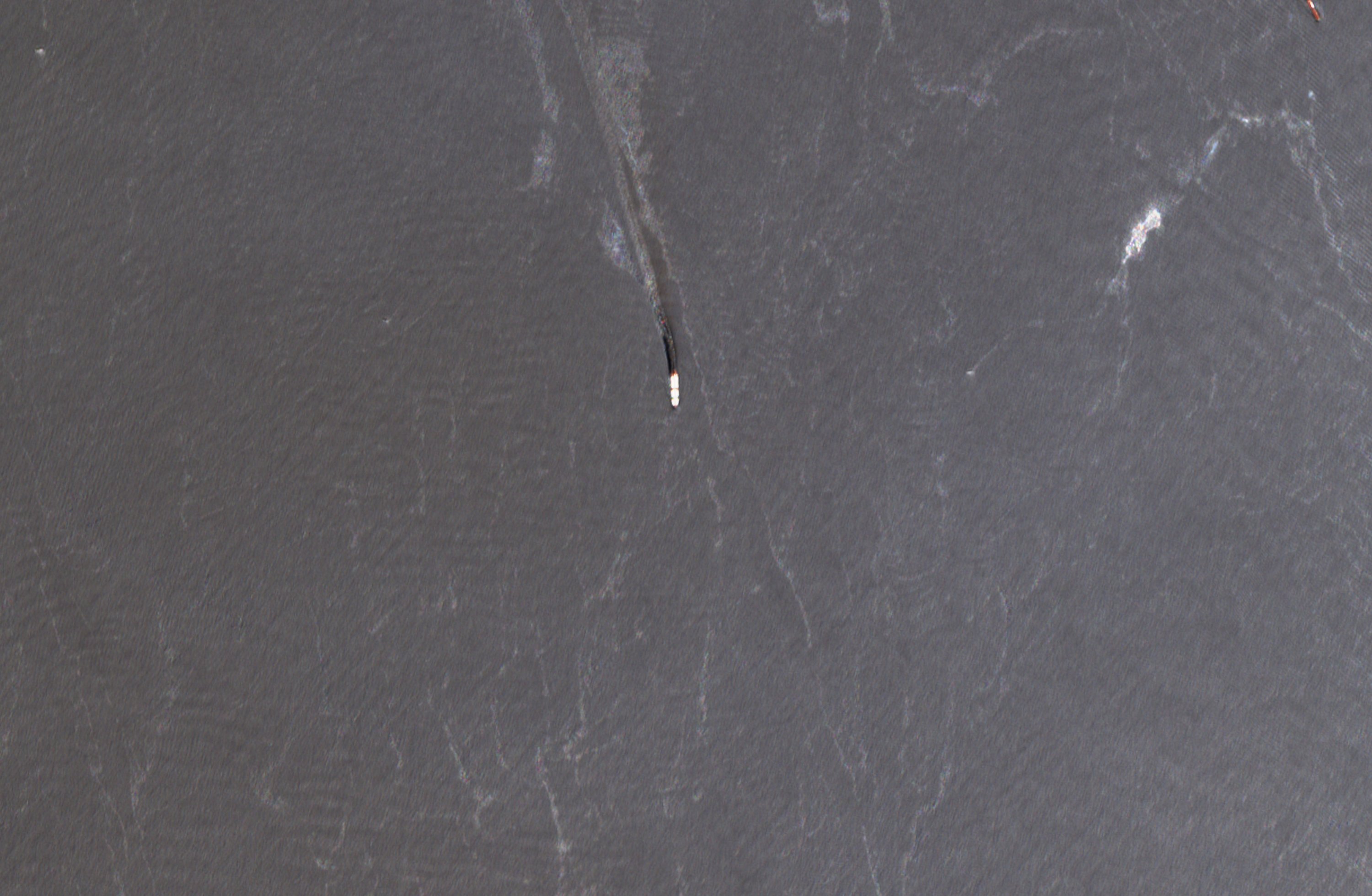© Turkuvaz Haberleşme ve Yayıncılık 2026
Türkiye has elevated the security level to its highest for Turkish-flagged vessels calling at Iranian ports or navigating the Strait of Hormuz, a top official said Wednesday, amid escalating attacks between Israel and Iran and soaring electronic interference.
Since Israel began firing missiles at Iran last week, prompting Tehran's retaliation, mass interference has disrupted navigation systems near the Strait of Hormuz, a narrow waterway that handles about a fifth of the world's seaborne oil, and the wider Gulf, impacting vessels sailing through the region.
Transport and Infrastructure Minister Abdulkadir Uraloğlu on Wednesday said Türkiye was acting to ensure the safety of Turkish maritime operations.
"We have raised the security level to the highest for Turkish-flagged vessels calling at Iranian ports and transiting the Strait of Hormuz," Uraloğlu said in a statement.
"To ensure ships are prepared for security threats, we have increased the security level to 3 under the International Ship and Port Facility Security (ISPS) Code."
The strait lies between Oman and Iran and is the primary export route for Gulf producers such as Saudi Arabia, the United Arab Emirates (UAE), Iraq and Kuwait.
About 20% of the world's daily oil consumption – around 18 million barrels – passes through the Strait of Hormuz, which is only about 33 kilometers (21 miles) wide at its narrowest point.
Two oil tankers collided and caught fire on Tuesday, some 24 nautical miles off the coast of the UAE in the Sea of Oman. No injuries to the crew or any spillage were reported.
The collision near the Strait of Hormuz was likely caused by a navigational misjudgment by one of the vessels, said the UAE's Energy Ministry said on Wednesday.
The ministry cited preliminary information and did not draw any link with an upsurge in electronic interference during the conflict between Iran and Israel.

The fighting and its impact on the Strait of Hormuz have the potential to drive up prices for crude oil and gasoline. Past conflicts in the area have caused spikes in oil prices, though they've historically proven to be only temporary after showing that they did not disrupt the flow of oil.
Mass interference has affected nearly 1,000 ships in the Gulf since the start of the conflict, according to Windward, a shipping analysis firm.
Effective as of Tuesday, Türkiye’s decision allows vessels to take necessary precautions while in ports and ensures early warnings, Uraloğlu said.
The new measures make access to ships strictly controlled, with only authorized personnel allowed on board through a single entry point.
"As part of the ship security plan, security measures will be implemented at the highest level in coordination with the port facility. Loading and unloading operations may be temporarily suspended," said Uraloğlu.
Additionally, during the delivery of supplies, provisions and similar items to the ship, materials will be subjected to more thorough inspections. If necessary, these deliveries may be limited, postponed or even completely denied, the statement said.
“Measures could include directing onboard staff and temporarily suspending entry and exit operations,” said Uraloğlu.
In addition to personnel and cargo restrictions, electronic and physical surveillance systems must remain fully operational at all times, according to the statement.
Ships are required to illuminate their surroundings using all available onboard lighting and ensure that all surveillance equipment is functional and capable of maximum-length recording.
They are required to expand restricted zones on the vessel as needed in response to any perceived threat.
